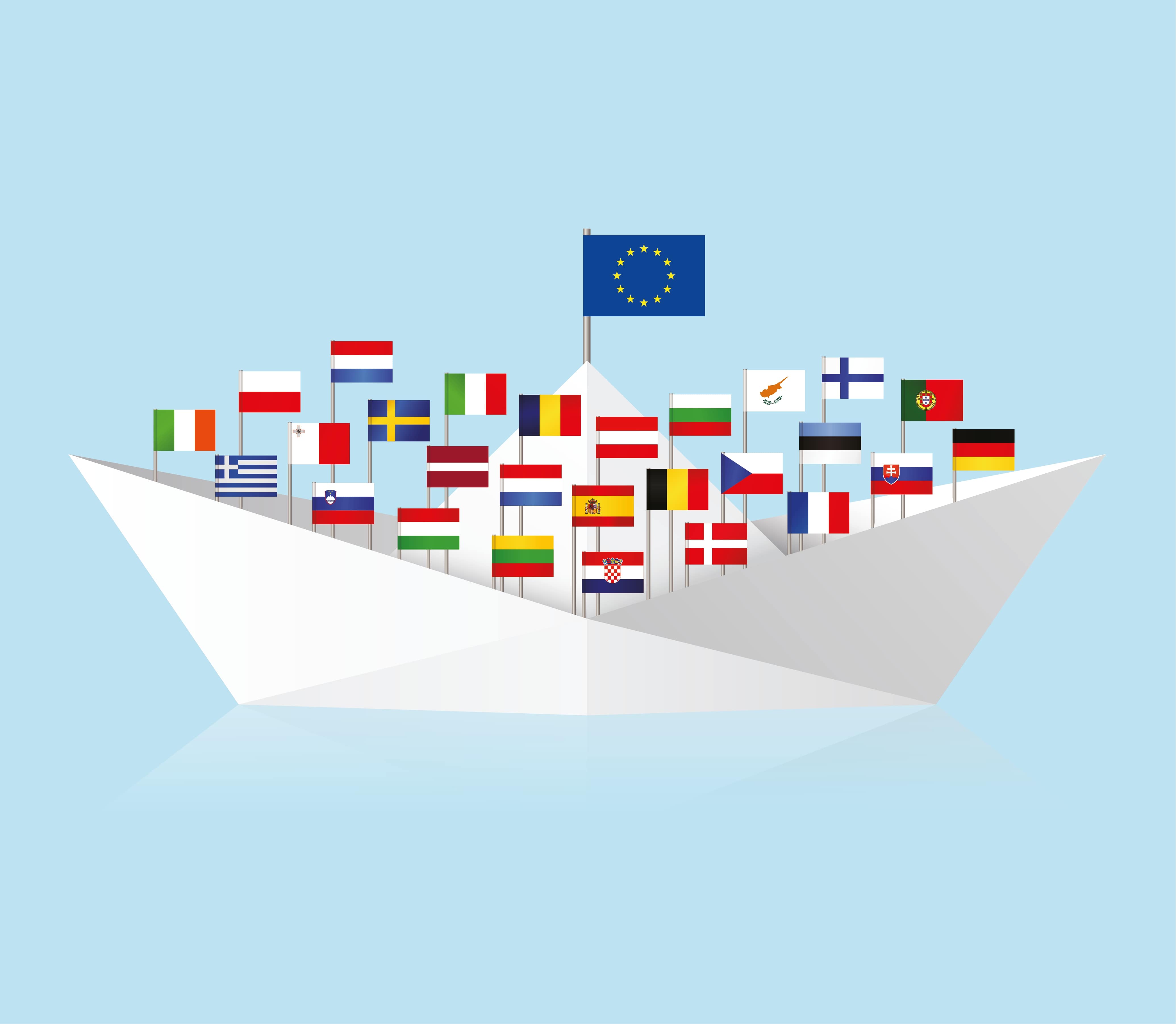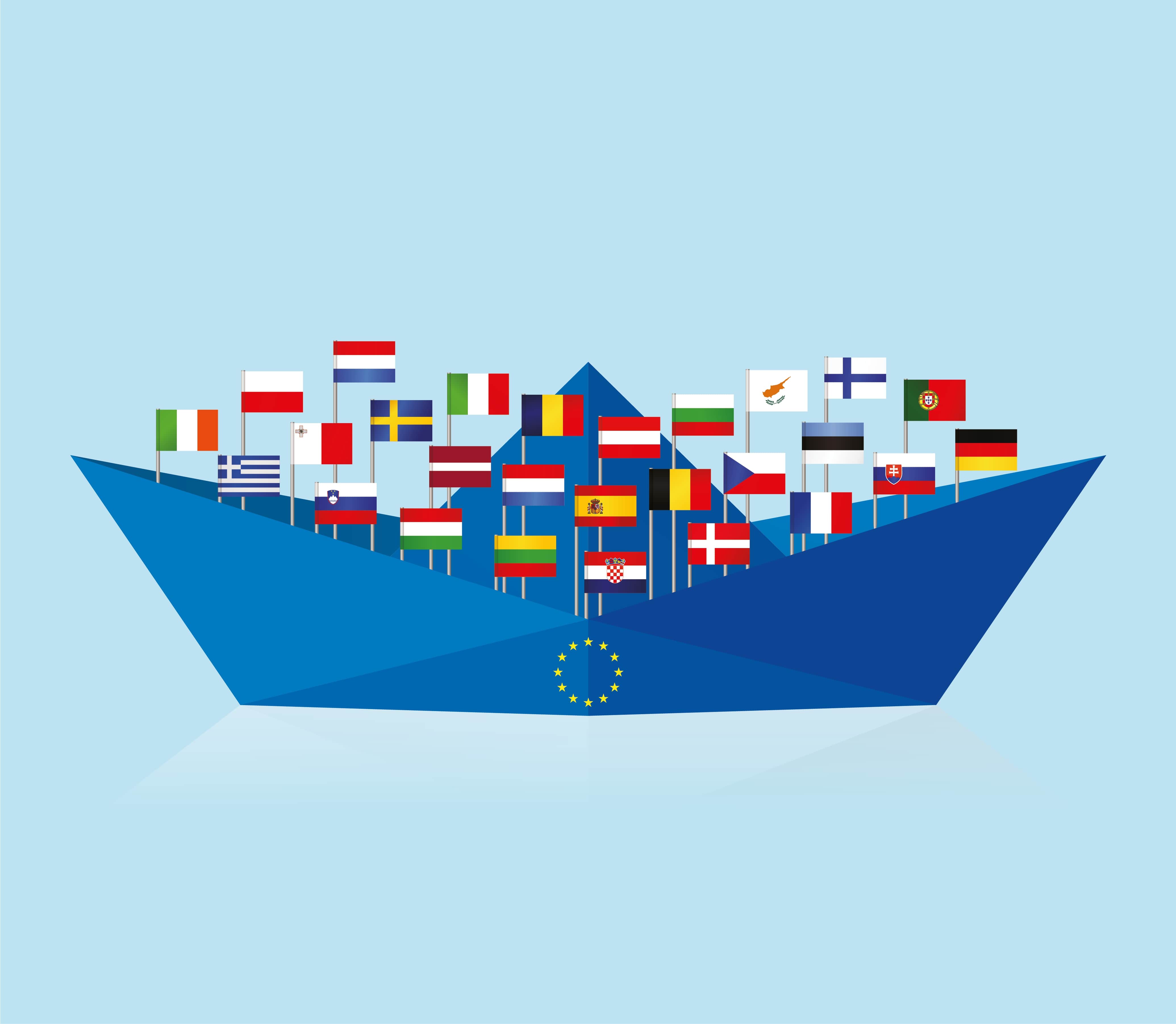
As the EU is a modern representative democracy with a system of shared powers and specialised institutions, it is not always easy for individual EU citizens to identify, assess and influence the policy-making process at the right moment with the most efficient tool.
So let's familiarise ourselves with the various ways in which we, as citizens, can elect and task various institutions and become stakeholders when it comes to EU-wide decision-making.
We regularly elect our parliaments in our national capitals and in the European Union. Here you have an opportunity to become a candidate yourself and run for office.
- The election of the national parliament is critical to the EU decision-making process as it influences the composition of the national government (and in many cases also the head of state). The national government itself is part of the European Council and of the Council of the European Union, 2 of the 7 EU institutions. The national parliament also has a say when it comes to the EU legislative process.
- The election of the European Parliament (EP) is the most direct means of public influence at EU level. Over the years the powers of the 705-member Assembly have been greatly increased - and are now in many ways equal to those of the Council of the European Union (made up of Member State governments).
Read more about the European Parliament’s powers.
So you have a great idea about changing Europe – or maybe just a small problem with setting up a business across the border. You may want to launch a major campaign against an existing European law – or even complain about an EU official. There are 101 reasons to become an active EU citizen, but there are a few key questions you need to think about before getting started. Assessing them and choosing answers carefully may take precious time.
However, as you are about to become involved in changing the European Union – a transnational political community of almost 450 million people – the quality of your preparatory steps will be critical to success. So, be diligent… and get active!
Based on this overview, you can tailor your action to the relevant competence (exclusive, shared or supportive) and consider complementary action at national (or some other) level in the case of shared/supportive EU competences. Proposals for action which lie outside the areas of EU competence may encounter considerable problems simply in being deemed admissible in the first place by the EU institution to which you wish to present your idea.
More about division of competences within the European Union: https://europa.eu/citizens-initiative/faq-eu-competences-and-commission-powers_en.









